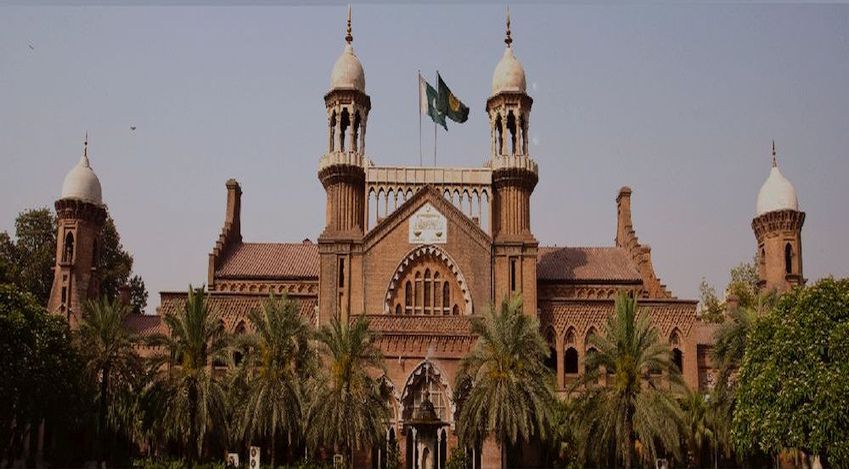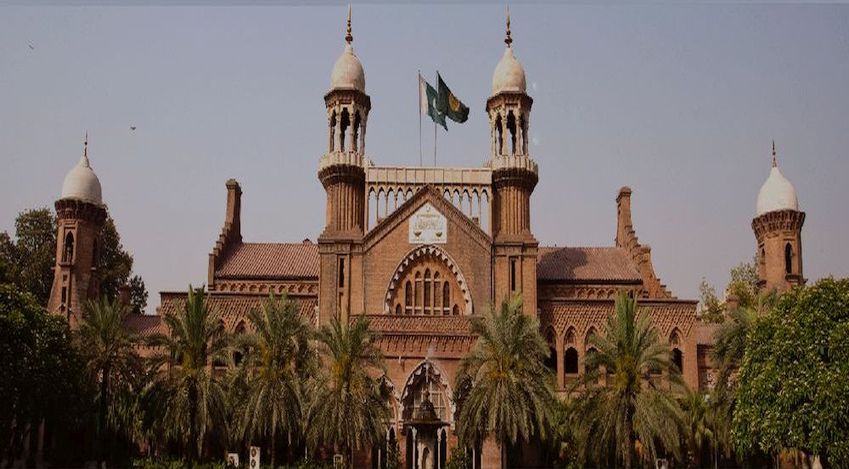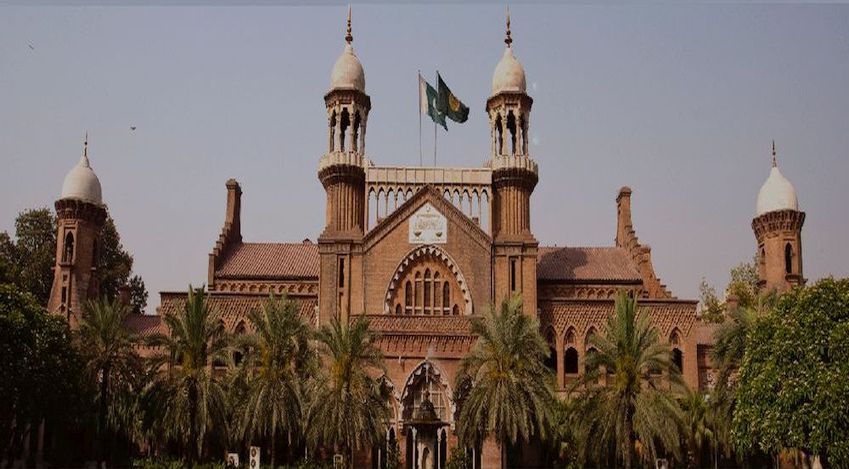Islamabad High Court Dismisses Appeal in Compromise Decree Case
Islamabad 21-06-2024: The Islamabad High Court, presided over by Mr. Justice Babar Sattar, while hearing the case [R.F.A. No. 298 of 2021] dismissed the appeal filed by Mohammad Ramzan Khokhar against an order and decree passed by the Civil Judge, East-Islamabad. The decree had been issued on the basis of a compromise between the parties in a suit filed by Mohammad Riaz.
The appellant, Mohammad Ramzan Khokhar, contended that he had not authorized his counsel to make a conceding statement before the Civil Court, claiming he was behind bars at the time and had not been consulted. His counsel had allegedly compromised on the case without his instructions, leading to the decree requiring the payment of Rs.9.7 million.
The Court examined whether an advocate can compromise on behalf of their client without explicit instructions. The appellant’s counsel was found to have implicit authority, as stated in the power of attorney (Vakalatnama), to enter into a compromise. The Court referred to several precedents, including the Supreme Court's rulings in “Sourendra Nath Mitra vs. Tarubala Dasi” and “Dr. Ansar Hassan Rizvi vs. Syed Mazahir Hussain Zaidi”, confirming the advocate's authority to settle disputes unless expressly restricted.
Under Section 96(3) of the Code of Civil Procedure (CPC), a decree passed with the consent of parties is generally not appealable. However, an order recording a compromise can be challenged if it is disputed that no consent was given, as highlighted in “Fazal Mehdi Vs. Allah Ditta”.
Mr. Justice Babar Sattar concluded that the advocate acted within his authority, and the compromise was valid. The appellant’s claim that he was not consulted did not undermine the legitimacy of the decree since his advocate had explicit authority to compromise. Consequently, the appeal was deemed not maintainable and was dismissed with a cost of Rs.25,000 imposed on the appellant, payable to respondent No.1.
During the proceedings, it was revealed that the affidavit filed by the appellant’s counsel, Mr. Tahir Habib Kiani, was not properly verified, involving a forged certification by an Oath Commissioner whose tenure had expired. This led the court to refer Mr. Kiani to the Punjab Bar Council for disciplinary action under Section 41 of the Legal Practitioners and Bar Councils Act, 1973, for filing forged documents and unbecoming conduct.
The decision underscores the importance of advocates adhering strictly to their professional responsibilities and the legal requirements for document verification. The judgment reaffirms the principles regarding the authority of advocates to enter compromises on behalf of their clients and the non-appeal-ability of consent decrees, while also addressing the serious issue of misconduct in legal practices.
Powered by Froala Editor








